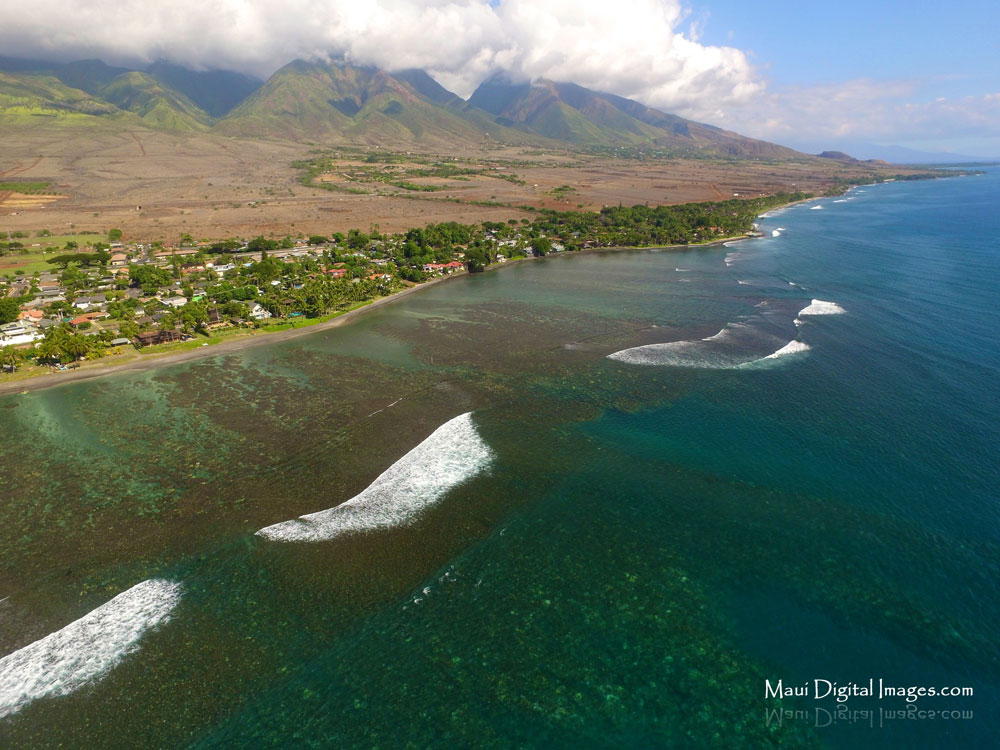
The Hawaii State Legislature has adjourned its 2022 legislative session. It passed 12 measures to protect the environment and increase energy efficiency that collectively address climate change.
According to a news release issued by the state legislature, the bills passed promote energy efficiency and economy-wide decarbonization.
“The bills we passed this year will help reduce Hawaii’s contribution to global greenhouse gas emissions; save tax dollars; support local, green jobs; and protect our planet’s future,” said Rep. Nicole Lowen (District 6), Chair of the Energy and Environmental Protection Committee.
This year, the committee also passed several measures to support sustainable land management, regenerative agriculture practices, and promote composting. These bills will reduce emissions from agriculture, help farmers financially, and reduce waste.
“The use of regenerative farming practices and compost creates healthy soils that can better keep carbon in the ground and diverts organic waste from landfills at the same time,” said committee vice chair Rep. Lisa Marten (District 51).
Another bill that was passed this session is a cesspool conversion grant program that targets cesspools in priority area owned by households who earn at least 140% of the area’s median income.
The bill’s author, Rep. Lisa Kitagawa (District 48), Vice Chair of the Consumer Protection and Commerce Committee, said the grant will provide financial assistance to local families required to convert their cesspools by 2050.
Other bills passed by the committee this year include a bill tophase out the use of toxic “forever chemicals” in food packaging, which will help to keep these toxins out of bodies and the environment, and a bill to update and improve the state’s electronic waste program. The passage of the electronic waste bill will help Hawaii’s counties to provide more frequent e-waste collection events and greatly decrease the amount of electronics that wind up in landfills.
Representative Sylvia Luke, District 25’s Finance Chair, worked to secure funding for these bills. She said while crafting the state’s budget this year, important environmental initiatives were prioritized, including $5 million for cesspool grants, $2.3 million for carbon sequestration incentives for good land management and agricultural practices, and $1 million for the compost reimbursement program.
Governor has received energy and environmental protection bills. David Ige has the following items for his consideration:
- House Bill 1801 Energy Efficiency of State Facilities: Buildings account for more than two thirds of all electricity consumed in Hawai’i. HB 1801 requires the state to set an example and implement energy efficiency measures that save energy, money, and create jobs in clean energy. The bill also requires that state building energy usage data be made public. All new facilities must be designed to maximize energy efficiency and water efficiency and use low-carbon building materials whenever possible.
- House Bill 1800Pathways to Decarbonization Study, 2030 goalsThis bill establishes interim greenhouse gas reduction targets of 50% for 2030, which are in line with the Paris Agreement. This bill also funds a comprehensive study to determine Hawaii’s pathways to decarbonizing Hawaii’s economy to meet the state’s 2030 and 2045 goals and to identify challenges, opportunities and actions needed to meet these goals. The study will also address transportation, aviation, land-use planning, agriculture, workforce development, and how to minimize any impacts on low-income, environmental justice, or frontline communities.
- House Bill 2089 Renewable Portfolio Standard Loophole: This bill fixes a longstanding loophole in the formula used to calculate the electric utilities’ progress on renewable energy. Closing this loophole means there will be a more accurate accounting of Hawaii’s true progress towards 100% renewable energy.
- Senate Concurrent Resolution 242 LIHEAP: Convenes a working group to discuss how to implement a low-income state-level program (LIHEAP), for household energy assistance in Hawaii.
- Senate Concurrent Resolution 48 Energy Equity and Justice: Directs both the Public Utilities Commission and Department of Commerce and Consumer Affairs, to integrate energy equity and justice into their work.
- Senate Bill 3333Carbon Smart Land Management Assistance Program: This program creates the carbon smart land management aid program to encourage farmers and foresters in managing their lands in ways that help sequester carbon emissions.
- Senate Bill 3004Program for Compost Reimbursement: Provides incentives for farmers to use compost. This supports regenerative agriculture and helps to boost the market for compost.
- House Bill 1992Permission for composting: Helps to remove zoning restrictions and guide you through the permitting process for medium- and big-scale composting.
- House Bill 2195Program to Grant Compliance for Cesspools: Creates a grant program to help property owners and DHHL lessors with low- and moderate-income properties. This grants money can be used to pay for cesspool conversions of properties located near water sources or shorelines.
- House Bill 1644 PFAS Chemicals: The elimination of toxic forever chemicals, which have been shown to have many harmful effects on human health in certain types food packaging and firefighting foam.
- House Bill 1640 Electronic Waste: Updates and improves the state’s electronic waste recycling program. This bill provides additional funds for counties to expand electronic waste collection events. It also increases recycling goals for collectors and manufacturers, and expands the types and types of electronics that can be collected.
- Senate Bill 2998Audits of the Deposit Beverage Container Redemption Centre: Requires the Department of Health (DOH) to conduct risk-based audits of the deposit beverage redemption centers in order to reduce fraud, and improve the program.



